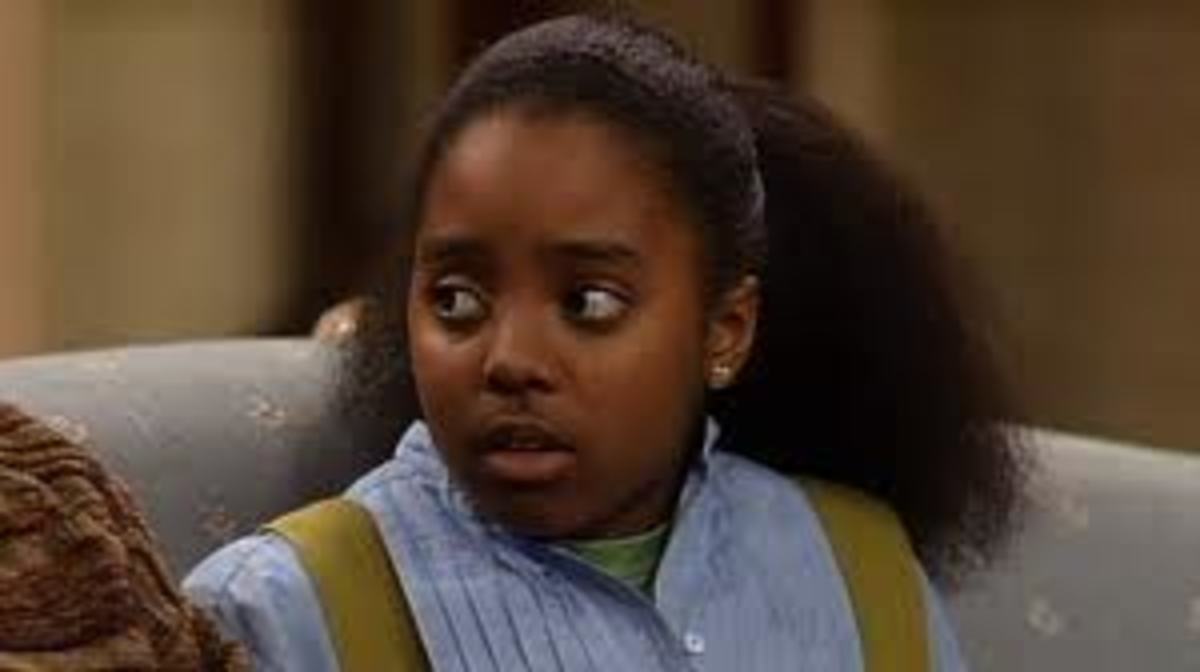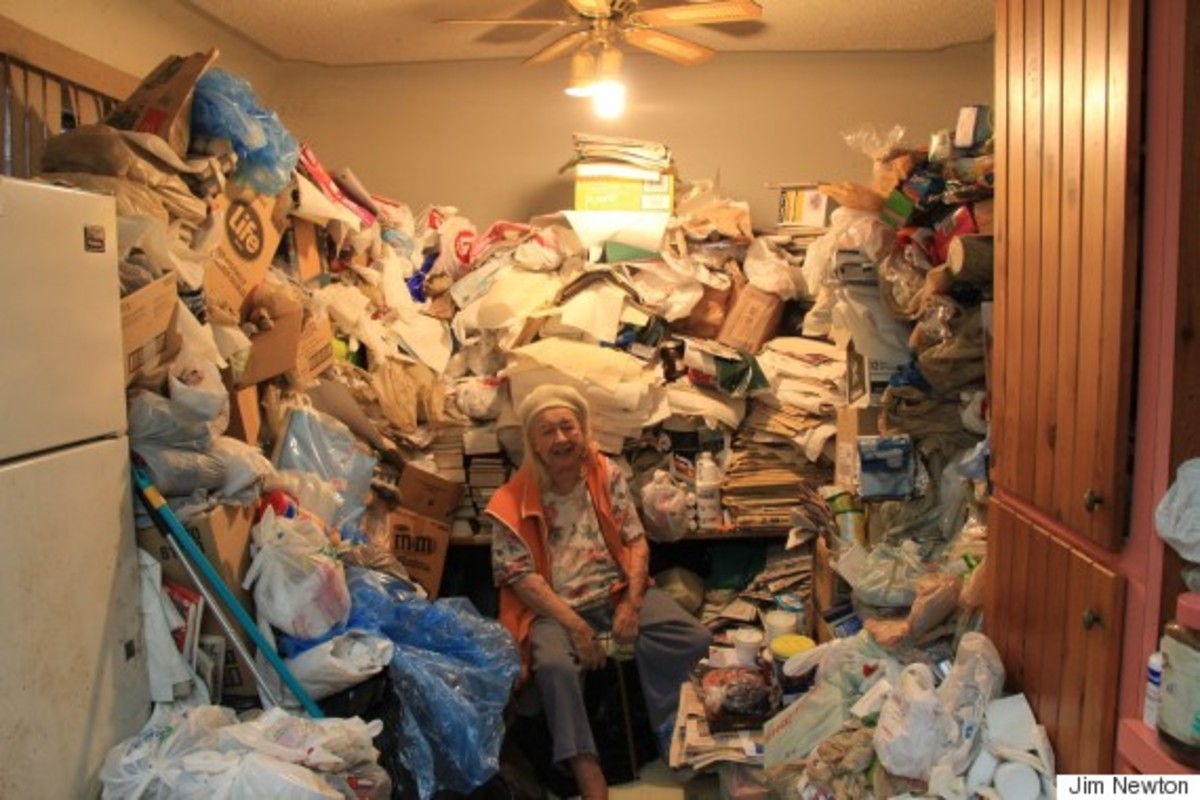How Parents PREPARE Their Children for.................FAILURE
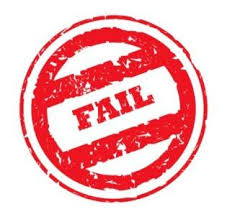
Parenthood DOESN'T Come With Instructions & Can Be Influenced By MYRIAD Factors
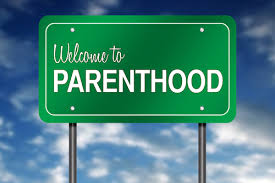
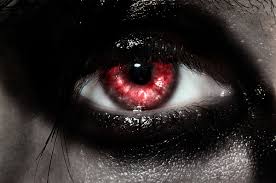
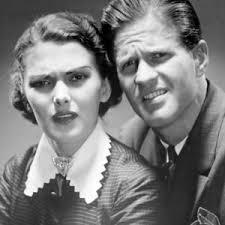

What IS and MAKES a Parent
Parenting really does not come with a set of instructions. It is a learning and growing experience. Even the most well intentioned parents make parenting blunders on occasions which is expected and quite natural. These parents learn from and own up to their blunders and mistakes and become better parents from the experience.
Parents are not perfect and not expected to be. They are human with many human foibles and faults. They also have their innate likes, dislikes, idiosyncrasies, prejudices, and/or even attitudes which influences how they parent. There are some who carry deep psychological, even psychic scars from their own childhood which influences how they parent their children. There are some parents who have unresolved issues from childhood outside their parental home which also influence how they parent their children.
Besides familial and childhood factors, there are sociocultural and psychosocial factors which influences parenting. Parents interface with their children based upon their own particular racial/ethnic, religious/ ethical/ spiritual, educational, and/or socioeconomic background. These factors predetermine how parents interact with and what spoken/unspoken expectations they have regarding their children.
The personality and characteristics of parents are further contributing factors as to how they interact with their children. For instance, if their children's personality and/or characteristics resemble theirs, there could be parental favoritism. Conversely, if their children's personality and/or characteristics are different and/or opposite to their, there could be parental disfavor, even hatred. There are even parents who are envious of their children because their children may have characteristics, personalities, talents, and/or attributes that stand out and/or beyond the innate abilities of the former. Although it is quite taboo to indicate that parents manifest less than positive feelings and/or attitudes towards their children, such feelings on the part of the parents towards their children is more commonplace than is readily acknowledged.
Parents, for the most part, come into parenthood with their own particular psychologies and issues. Many parents have their own particular agenda and constructs regarding parenting their children. Parents, on the average, have their children's best interests foremost. It is their intent to raise children who become self-sufficient, self- actualizing adults who will make a sizable contribution to the world.
Parenting.............the Good..........and the BAD
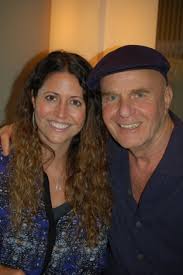


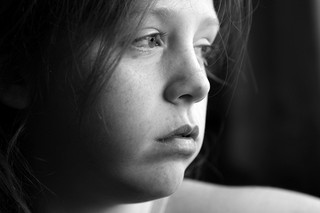

Parenting, the GOOD,BAD, and the...........NEGATIVE
There are parents who can be classified as positive, excellent, and great. They respect their children. They also view them as individuals in their own rights with the right to develop their own interest, achieve/materialize their dreams and goals, and to choose their own life path/lifestyle. These are the parents who nurture and encourage their children's talents. They never downgrade nor trivialize their children's dreams, aspirations, and/or goals. They rejoice in their children's uniqueness, fiercely encouraging such, and defending them from naysayers and/or other negative people.
Sadly, such parents are rare. Most parents have their own particular agenda regarding as to how they interact and/or raise their children. Many parents view their children not as individuals but as replicas of them. There is a spoken and unspoken rule of many parents that their children should conform to their particular family construct. The desired child is the child who is manageable and does not upset the familial boat. Parents reward such children for their conformity and obedience to the family construct. These children are held up as examples for other children to follow. They are oftentimes the favorite or golden children in their families. They are treated preferentially and/or granted privileges that other children in the family do not have.
Such parents have a merciless attitude towards children who do not conform to their family construct. They see such children as unmanageable because such children exhibit a more nonconformist, individualist bent than their more compliant sibling. To these parents, such parents are threatening to the overall familial construct and/or dynamic. They exert overt and covert psychological means to have their children conform and oftentimes exert penalties if their children elect not to conform to the familial consensus. This could include shaming or ostracizing the less conforming child. There are parents who even marginalize such children, hoping that sooner or later they will see the familial light so to speak. Then there are parents who make the less conforming child's life at home so uncomfortable that he/she is forced to leave home in one way or another.
Then there are parents who can be classified as negative. There are so many types of negative parents. There are those who induce a mindset, consciousness, and psychology of fear in their children, creating fearful, risk averse children afraid of taking risks and making errors, preferring to take the most safe road in life. Others are soul destroying, telling their children that their goals and dreams are too fantastical, unrealistic, and impractical according to their particular familial construct, inculcating their children to be "more practical" regarding their goals. Some are highly critical, condemning their children for every mistake they make and never being forgiving but constantly rehashing their past mistakes as if it were mortal, damnable transgressions. In this hub, I will address the 4 ways how parents prepare their children for failure:(1) being critical, (2) using comparison, (3) being soul destroying, and (4) being overprotective.
Critical Parents,ALWAYS Finding Something WRONG but SELDOM or NEVER Finding Anything GOOD

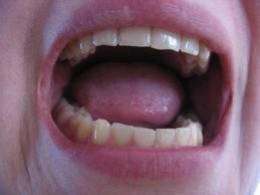


Critical Parents DIMINISH Their Children Psychologically
Critical parents never see anything right but are always looking for opportunities to see what is ...wrong. To such parents, their children always have room for improvement in one way or another. They believe that children should be perfect or as near perfect as possible. They feel that it is their sacred duty to constantly and incessantly clarify their children's failings and faults. They believe that by constant correction, their children will always seek to improve themselves thus living up to their human potential.
Critical parents further insist that if a parent praises a child, that child will become quite comfortable and satisfied with his/her status in life. They even add that praising a child for the good things that he/she has done will make him/her arrogant and conceited. They maintain that praise can even result in a child becoming lazy, feeling that he/she is good enough and no longer has to assert himself/herself. They contend that by correcting their child, he/she will always be on guard.
There are critical parents who can be extremely unrelenting, even unforgiving, regarding their children's mistakes, failures, foibles, and so-called weaknesses. They feel that it is a dishonor and an affront to their parental image that their children make mistakes and show signs of weaknesses. They refuse to acknowledge that children do make mistakes and fail. These things are a natural and an integral part of a child's exploration and growth. Instead, such parents contend that making mistakes and failing are equivalent to mortal and damnable transgressions. These are the parents who feel that everything their children undertake, they must be good to excellent in. If the latter are not good to excellent in such endeavors and/or undertakings, they are viewed as inept, stupid, utter failures or worse. They refuse to understand and realize that all of us are not good at everything and all of us are deficient in some areas.
Critical parents believing that they helping their children be their best are in fact hurting their children's self-esteem and making them failures in terms of mindset and psychology. Such children feel that they are never good enough no matter how hard they try or how well they do. They contend that there is always something missing. They maintain that they will never be excellent. In their purview, their parents will never be satisfied with their accomplishments, they can do so much more. Some children of critical parents cease to try because they see the road as either impossible to achieve or just an exercise in utter futility. They argue that rather to be not good enough, it is better not to even try. Others believe that they are utter failures so that they refuse to try because in their hearts, they know that they WILL fail. Since they were told that they were failures by their parents, they believe that they are and act accordingly.
Parents Who Compare Invalidate Their Children's Sense of SELF and BEING

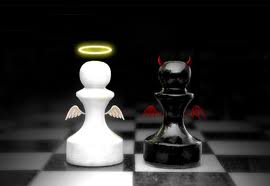


Parents Who Use Comparison Cause Children to DEVALUE Their Unique Selfhood
In most families, it is quite commonplace to compare children to each other. This act is quite normal in multichild families but even in single-child families, there are parents who compare their child to a relative or a non-blood related child. In the family construct, there is oftentimes an underlying agenda of conformity in one area or another. There is also another agenda of what that particular family values or devalues.
In such families, the attributes, characteristics, and/or personalities that are considered to be prized are rewarded while the attributes, characteristics, and/or personalities that are considered to be negative are demonized. Parents oftentimes use the art of comparison in order to make the so-called negative or demonized child see the errors of his/her ways by holding up the more positive child as an example to be followed and emulated. Parents, being human, hold some factors to be more desirable than others. In that regard, they will push those more desirable factors while denigrating those deemed to be less desired.
For example, an extroverted mother may view her introverted daughter as undesirable as the latter does not conform to her mother's idea personality. This mother may seen her daughter as socially backward and inept. She even maintains that her daughter has no personality. In order to seemingly boost her daughter's confidence, she will compare her to her more outgoing sister or a similarly outgoing, gregarious friend. Another example is an athletic father who views his more sensitive, artistically inclined son as unmanly because his son hates sports and prefers to take ballet. He constantly compares his son to his more athletic brother in order to get him in line and to see how he would be considered a sissy for taking ballet.
There are parents who refuse to see and appreciate that each of their children have different personalities, characteristics, personalities, and/or talents. They oftentimes see the child who is different as a threat to their familial construct. They maintain that the different child is unmanageable because he/she refuse to conform to the family construct and wants to assert his/her unique outlook and take on things. They may even tell that child that no one else in the family had done this and thinks/acts in such a matter. They want their children to follow their particular familial construct and denigrate any child who elects to follow his/her own path.
These parents by their action ensure that their children fail and fail miserably. First of all, these children feel quite insignificant of themselves. They are always doubting themselves, even feeling that they are inferior to the more golden sibling or other non-blood child. They contend that they are worthless in and of themselves. They do not feel any validation in themselves as they have been constantly invalidated, even denigrated by their parents by being themselves. They also feel powerless. They believe that they would be worthwhile if they discount part of their personality/characteristics or even fully submerging their own beings to be like someone else. Since they have a low sense of self-worth, they will be followers and attach themselves to more authoritative persons, oftentimes at their own peril.
Soul Destroying Parents.................Aim to PSYCHICALLY Impair Their Children

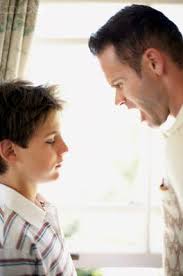




Soul Destroying Parents DEMORALIZE and DESTROY Their Children Dreams, Even Worth
Soul destroying parents are extremely negative people. They are the naysayers and dreamkillers . They believe that one should stay within his/her particular purview in life because it is safe. They further contend that one should subscribe to a set paradigm in terms of choices. They insist that one should be prudent, realistic, and/or temperate in terms of aspirations and goals. They believe that one should never have aspirations, dreams, and/or goals that are deemed to be too fantastical for he/she will be disappointed as there will be a very low probability that such will be materialized.
Such parents believe in keeping their children grounded. They teach their children that they should strive for practical and realistic goals. Some even stress that their children should only aspire to things that are within the purview of their particular family, culture, and/or environment and never go beyond that. They believe that it is best for their children to either remain at their particular station in life or if they are ambitious, to process one or two steps beyond their station. They assert that if their children have reasonable goals, they will be less disappointed as they can easily reach such goals.
These parents assert that their children will face disappointment, even failure if their goals are too high, fantastical or unrealistic to undertake let alone reach. They tell their children that they would be much better off if they taper their goals to align with more practical, realistic options. They go further to rationalize that their children have limitations and it is unwise, even foolhardy to test and go beyond such limitations whether it is attributes, characteristics, intellectual, or socioeconomic. To them, these limitations indicate to their children what they can and cannot do and achieve based upon preexisting and preordained conditions. They contend that their children should accept and be satisfied with things the way they are, adding that to go against predetermined limitations is to beyond against the natural order of things.
There are those who feel quite threatened if their children demonstrate and/or exhibit abilities that they consider to be outside their particular paradigm. Instead of encouraging such talent, they would denigrate such talent, even demonizing and demoralizing such children for going outside the familial paradigm as to what are legitimate talents. There are others who would go to lengths to psychologically, even psychically destroy those children's sense of self by relaying negative messages to them in order to get them to return to the former's familial construct of what talents and goals are considered legitimate.
Then there are parents do not want their children to go beyond what the former has achieved and attained. These parents figure if they did not achieve anything of significance, their children will not and/or have better not achieve also. They are quite envious of their children's abilities and/or talents and believe that those children will exceed them in life. They sense that and will do anything to subvert, even destroy their children's aspirations, dreams, and/or goals with the result of rejoicing in making their children just like them in terms of achievement and attainment levels.
Such parents psychically damage their children. These children in the end feel that they must settle for so-called attainable and realistic goals. They live a very gray, monotonous life instead of following/living their own lifescript and doing what they were meant to do. They just meander through life, knowing that this was not the life they were supposed to live. Their lives consist of ifs, coulds, woulds, and shoulds. Oftentimes, they come to a very sad epiphany of what they might have been if they listened to themselves instead of their parents but it is TOO late to really do anything about it.
Overprotective Parents,Their Supposedly Good Intentions CRIPPLE and HAMPER Their Children

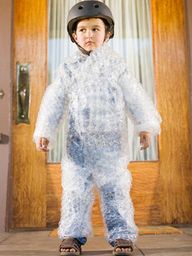


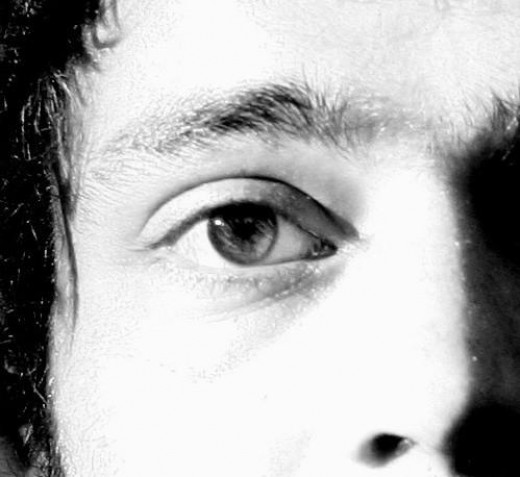
Overprotective Parents INFANTILIZE Children
Overprotective parents seem like they are the very best parents imaginable. They appear to be very caring and concerned parents who do not want any harm, real nor imagined, to happen to their children. In addition to that, they want their children to have the least stresses and worries as possible. In fact, they want their children to have the ideal childhood or at least as near an ideal as humanly possible.
These parents believe that children are precious and should be protected at all costs. They maintain that as parents and adults, it is their duty, even obligation to provide their children with the most positive environment as possible. They contend that it is harmful for children to experience any form of hardship, negativity or stress. In fact, they strongly assert that any parent who allows their children to experience even a minimum level of hardship, negativity, and/or stress is a non-caring, non-nurturing, even abusive parents. They even go as far to argue that such parents should have never been parents in the first place.
These are the parents who maintain that the world is a harsh, perilous, even dangerous place to be. They believe that one can never be too safe or cautious as far as their children are concerned. They will go to any lengths to insure that their children are safe from harm's way. These are the parents who are loathe to let their children participate in unsupervised activities. It is not uncommon for such parents to incessantly schedule supervised activities and/or events for their children. They will also do things for their children that their children are quite capable of doing themselves.
Some parents maintain that the responsibility of children is to just be children. They maintain that parents should fight their children's battles. They further contend that children should have as little responsibilities as possible. In fact, a few of them believe that children should have no responsibilities growing up except for studies and/or extracurricular activities. They find it quite horrific for parents to impose any type of responsibilities such as chores and/or summer jobs on their children. They feel that giving children responsibilities in addition to exposing to them to hardships and negativity deprive them of a sound childhood. They maintain that their children will assume adult responsibilities when they become adults. They have the same opinion as far as negativity and hardships goes-their children can experience such as adults but not as children.
Overprotective parents despite their seemingly good intentions are harming, even damaging their children. Such children are infantilized children in the strictest definition of the world. They are developmentally years behind their normally raised peers. They oftentimes possess very little, if no life and/or survival skills. Because they have little to no life and/or survival skills, they can find life situations quite daunting, even insurmountable. They do not possess the independence and confidence to make sound/conclusive judgments and to make even the most elementary life choices and decisions. There are some who become abject failures in life with a few becoming unemployable and homeless because they do not possess the wherewithal to become independent, functioning, self-sufficient adults.
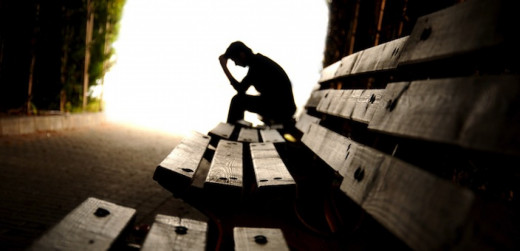
Conclusion
There are myriad ways that parents prepare their children to fail. They can damage, even destroy their children self-esteem which results in the latter considering themselves to be insignificant and inferior to others. They can psychically immobilize their children's hopes and dreams causing them to be mediocre and fearing their innate greatness. They can mollycoddle and infantilize their children so much they become extremely dependent and non-functioning people. Many parents fail to realize that children are people and that negativity on the parents' part whether in words or in action can seriously impair, even irreparably damage their children emotionally, mentally, and psychologically, even psychically.
© 2015 Grace Marguerite Williams


